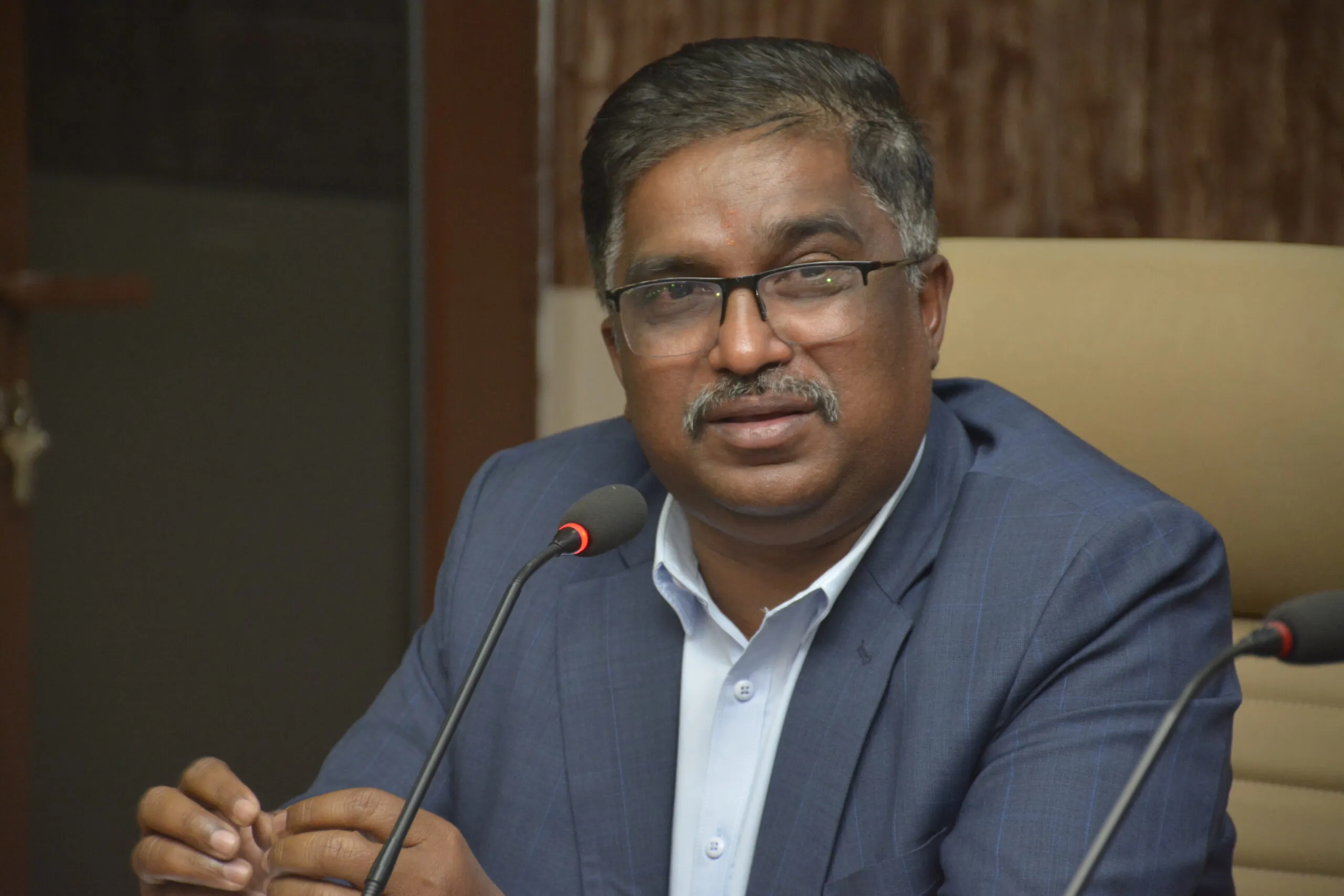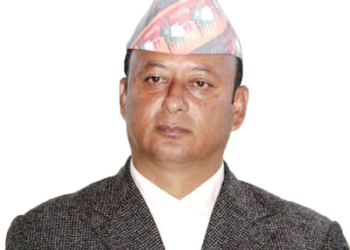In 2064 BS, following our victory in the first Constituent Assembly election, a group of young members, including prominent figures like Gagan Thapa and Rabindra Adhikari, visited New Delhi.
During a casual gathering, an Indian hydro expert approached us, inquiring about our plans to make the country prosperous.
We found ourselves filled with youthful enthusiasm, passionately declaring, “We have a lot of hydro potential; we will make the country rich by selling it,” echoing the sentiments of our leader Sher Bahadur Deuba 17 years prior.
The hydro expert from India interrupted our fervor with a dose of reality.
He recounted an encounter with a young Sher Bahadur Deuba in New Delhi, revealing that he had given an identical answer to the same question about leveraging hydro potential for national prosperity.
Astonishingly, Deuba had expressed the same vision for Nepal’s prosperity through harnessing hydro power.
The expert cynically remarked, “Even if your son comes after 20 years, they will give the same answer. You Nepalis are good at talking, but you have not worked.”
It is high time for a paradigm shift, embracing a forward-looking and progressive approach to address the contemporary challenges facing Nepal.
This stark revelation served as a poignant reminder that mere rhetoric without tangible actions would not propel our nation forward. It highlighted the need for substantive efforts and effective implementation to transform aspirations into reality.
The expert warned us that despite our lofty ambitions, talk alone wouldn’t suffice, emphasizing the need for concrete action.
Fast forward to the present, and Nepal finds itself in dire straits.
Diplomacy, as we now realize, is the extension of a nation’s internal capacity, encompassing both political and cultural dimensions.
In the contemporary geopolitical landscape, Nepal’s diplomacy is undergoing a significant shift at the global level.
This necessitates a smarter and more strategic approach to international relations, as the era of mere rhetoric is no longer sustainable.
Regrettably, our preparations for this diplomatic evolution are lacking, with bureaucratic leadership taking precedence over political guidance.
To confront the challenges ahead, honesty and transparency are imperative. It is crucial for experts and intellectuals to step forward, share their insights openly, and contribute to the formulation of effective policies.
Addressing the prevailing narrative on Nepal-India relations, we must critically evaluate the historical trajectory and hold accountable those who hindered progress.
This includes investigating instances like Arun not becoming the third, identifying the culprits behind such setbacks, and ensuring accountability.
Furthermore, the heightened sense of nationalism in Nepal has inadvertently increased poverty and led to the export of our labor force.
Our society remains open, but outdated mindsets persist among policymakers and political leaders.
It is high time for a paradigm shift, embracing a forward-looking and progressive approach to address the contemporary challenges facing Nepal.
(Janata Samajwadi Party lawmaker Yadav, Chairman of the International Relations Committee of the House of Representatives, expressed these views during an “Economic Diplomacy and Nepal-India Trade” interaction organized by ISSR in Kathmandu on Sunday.)









Comment